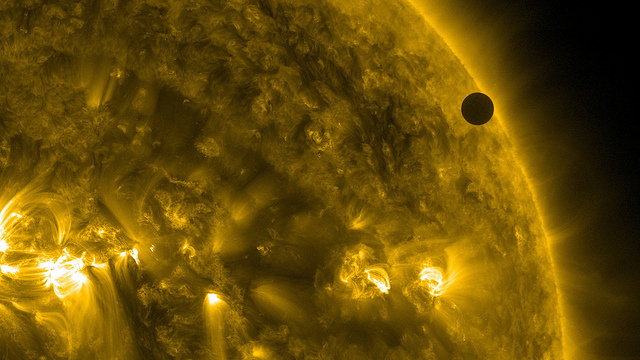The only thing predictable about innovation is its unpredictability.
 A culture that demands predictable results cannot innovate. No one will have the courage to do work with the requisite level of uncertainty and all the projects will build on what worked last time. The only predictable result – the recipe will be wildly successful right up until the wheels fall off.
A culture that demands predictable results cannot innovate. No one will have the courage to do work with the requisite level of uncertainty and all the projects will build on what worked last time. The only predictable result – the recipe will be wildly successful right up until the wheels fall off.
You can’t do work in a new area and deliver predictable results on a predictable timetable. And if your boss asks you to do so, you’re working for the wrong person.
When it comes to innovation, “ecosystem,” as a word, is unskillful. It doesn’t bound or constrain, nor does it show the way. How about a map of the system as it is? How about defined boundaries? How about the system’s history? How about the interactions among the system elements? How about a fitness landscape and the system’s disposition? How about the system’s reason for being? The next evolution of the system is unpredictable, even if you call it an ecosystem.
If you can’t tolerate unpredictability, you can’t tolerate innovation.
Innovation isn’t about reducing risk. Innovation is about maximizing learning rate. And when all things go as predicted, the learning rate is zero. That’s right. Learning decreases when everything goes as planned. Are you sure you want predictable results?
Predictable growth in stock price can only come from smartly trying the right portfolio of unpredictable projects. That’s a wild notion.
Innovation runs on the thoughts, feelings, emotions and judgement of people and, therefore, cannot be predictable. And if you try to make it predictable, the best people, the people that know the drill, will leave.
The real question that connects innovation and predictability: How to set the causes and conditions for people to try things because the results are unpredictable?
With innovation, if you’re asking for predictability, you’re doing it wrong.
Image credit: NASA Goddard
 Mike Shipulski
Mike Shipulski